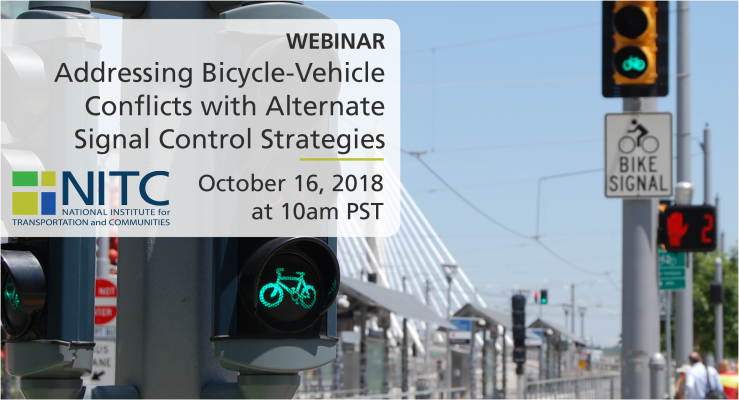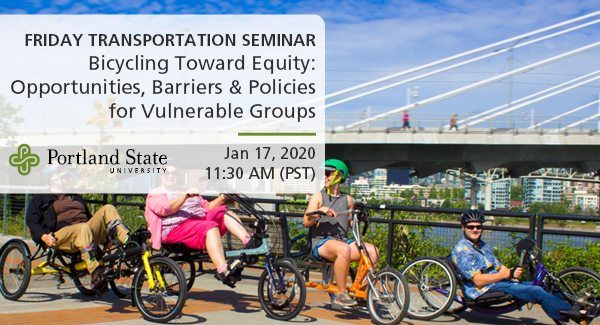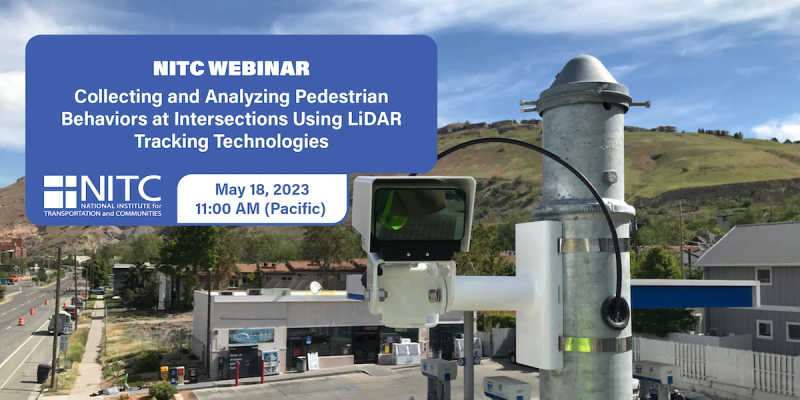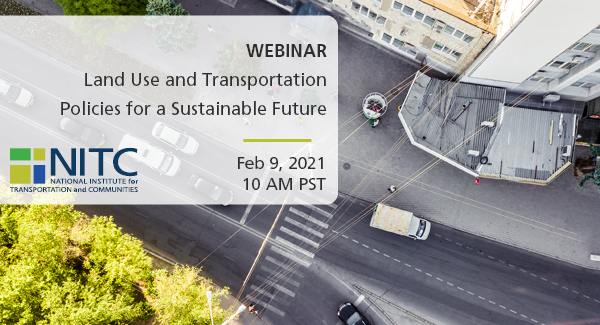EDUCATION LIBRARY ARCHIVE
Missed the webinar or want a look back?
OVERVIEW
There is nationwide interest in supporting sustainable and active transportation modes such as bicycling and walking due to the many benefits associated with them, including reduced congestion, lower emissions and improved health. Although the number of bicyclists is increasing, safety remains a top concern. In urban areas, a common crash type involving bicycles at intersections is the “right hook” where a right-turning vehicle collides with a through bicyclist. While geometric treatments and pavement markings have been studied, there is a lack of research on signal timing treatments to address right-hook bicycle-vehicle conflicts.
Addressing Bicycle-Vehicle Conflicts with Alternate Signal Control Strategies, published in April 2018, is the first study to explore bicycle signal control strategies for addressing bicycle-vehicle conflicts. This study analyzed the operational impacts of traditional...




